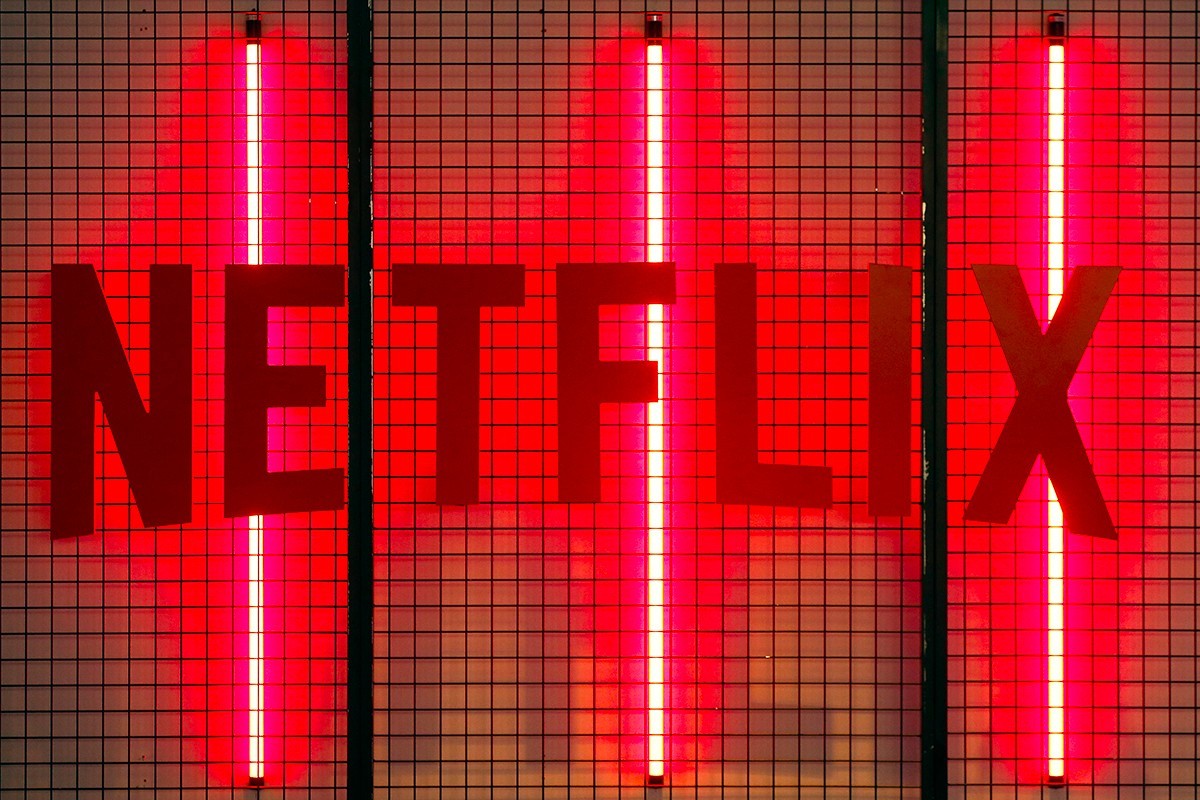USC Annenberg Inclusion Initiative research team has been employed by Netflix to evaluate the company’s content based on gender, race and ethnicity, and LGBTQ+ and disability identities, and shared an extensive report on its diversity and inclusivity metrics across its films and series.
The streaming company has, along with the research results, pledged $100 million over the next five years towards its Fund for Creative Equity, which seeks to further improve diversity within the film and TV industry.
Most notably, when the study compared 126 films and 180 series released over 2018 and 2019 with the top-100 grossing Hollywood movies in the same period, Netflix’s metrics reflected stronger diversity and inclusivity than the industry standard, for example, 52 percent of its projects were led by women, as compared to the industry’s 41 percent. Elsewhere, 23.1 percent of the company’s fictional films were directed by women, while 25.2 percent and 29 percent of writers and producers were also female.
“There’s something else that’s important about this study — it’s historic,” wrote Dr. Stacy Smith in the study. “At the Annenberg Inclusion Initiative, we’re not aware of any other company taking a leadership role and making their findings as transparent and rolling out those results to all the communities that either work on Netflix films and series, or consume them as audiences. And given the size and scope of Netflix content, particularly as it relates to its entertainment industry peers, the results show one thing very clear — Netflix is committed to inclusion across its content portfolio. And we’re excited to see what the results might yield in years to come.”
Netflix co-CEO Ted Sarandos wrote in a statement accompanying the research results, “We believe these efforts will help accelerate the change that Dr. Smith has so long advocated for – creating a lasting legacy of inclusion in entertainment. We are still in the early stages of a major change in storytelling – where great stories can truly come from anywhere, be created by anyone, whatever their background, and be loved everywhere. And by better understanding how we are doing, we hope to stimulate change not just at Netflix but across our industry more broadly.”




